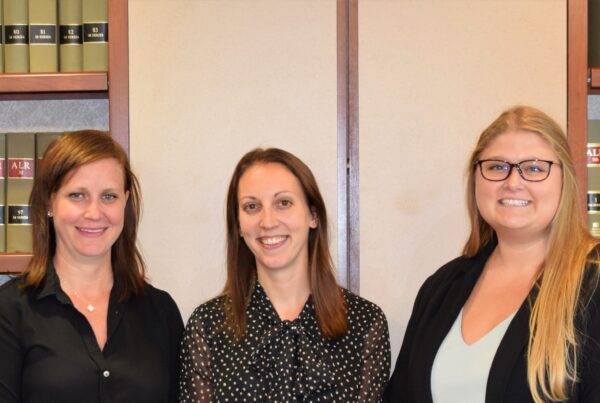Early in the pandemic, FOS’s April 16, 2020 Client Alert described the business loss and interruption coverage potentially available to companies affected by the COVID-19 pandemic, including forced government shutdowns or business restrictions.
That alert described how, after 2003’s SARS epidemic, major insurance companies revised many policies to limit coverage for, or exclude, health-related epidemics from their policies. The alert also further noted companies’ need to review their specific policy language, the potential for governmental action to require some form of coverage during mandated shutdowns and restrictions, and the importance of filing a claim even if coverage appeared unlikely.
In the more than two years since FOS’s initial alert, governmentally mandated coverage has not occurred. Nonetheless, many businesses filed claims with their insurers for, among other things, coverage for extra expense costs and business interruption losses. To bring the issue to a head, Colectivo coffee bar and restaurant filed a Wisconsin class action lawsuit to obtain a judicial declaration that business insurance policies issued by one insurer, Society Insurance, covered COVID-19 pandemic-related losses. Colectivo Coffee Roasters, Inc. v. Society Insurance, 2022 WI 36. In addition to the more common extra expense and business interruption provisions, Colectivo also sued under its policy’s civil-authority and contamination provisions.
That case made its way to the Wisconsin Supreme Court, and in a decision issued June 1, 2022, the Court held that no such coverage exists under the Society Insurance policies.
The Court stated that it was presented with two issues:
“(1) whether a bar or restaurant’s inability to use its dining space for in-person dining because of the pandemic and related government restrictions constitutes a direct physical loss of or damage to its property under Society’s policy; and (2) whether the presence of COVID-19 on a bar or restaurant’s property caused the bar or restaurant to suspend its operations, thereby entitling it to coverage under the policy’s contamination provision.”
In answering no to both issues, the Court stated that the policy language on which Colectivo relies, requires a direct physical loss of or damage to either its property or a surrounding property. This was true even though the policy did not define “direct physical loss or damage,” because prior decisions required tangible harm, and the policy as a whole was consistent with such a definition. Relying on decisions in other courts throughout the country, the Court concluded that COVID-19 itself does not yield direct physical loss or damage, because it does not require structural repairs or remediation, and can be removed with a disinfectant. Moreover, the fact that the business could not be used due to the shutdown did not mean that its property was physically lost or damaged. The civil authority provision fared no better, because it required physical loss or damage to “another” property, which Colectivo did not claim occurred.
As to the policy’s contamination provision, the Court held that Colectivo did not “suspend” its operations due to COVID-19 as required under the policy. It did so because of the governmental orders, which were eventually lifted. Those orders did not prohibit Colectivo from accessing its property, but from using it in a certain way. Colectivo continued to operate, just differently. While Colectivo could not use its property for in-door dining, Colectivo continued to produce its products. As a result, no coverage exists.
While the case technically applies only to policies issued by Society Insurance, many insurers use the same or similar policy language. The Court’s reasoning and ultimate holding is therefore likely to apply to policies issued by other insurers. In addition, while the case addresses only bars and restaurants, its analysis will likely be applied to other types of businesses.
The Court’s ruling is certainly a disappointment to many business insureds, which are now on the hook for losses and extra expenses caused by the unanticipated pandemic, despite years of faithfully paying premiums. This may be a good time for businesses to review their overall insurance coverage and change and/or add coverage as appropriate.
FOS remains here for you and your business. Contact us with any questions you may have regarding the Court’s decision, its impact on your insurance coverage and/or your business, or any legal issue.
Be well.





